What is a victim mentality?
The victim mentality is when people think they have no control over their lives and their actions don’t matter.
The victim mentality is when someone decides they’re not in control or responsible for what happens in their life. This way of thinking makes them see the world in a negative way, feeling like they’re always dealing with problems and can’t succeed. It can hurt their mental health and stop them from reaching their goals in life.
The idea of victim mentality refers to a self-sabotaging mindset acquired through a person’s traumatic past. This way of thinking can harm different parts of life, like jobs, relationships, and overall happiness. Also, it can cause a lot of emotional pain and might even start mental health problems.
People who play the victim possess an external locus of control. These people often feel like they can’t control their lives, feeling helpless, negative, angry, and scared. They might blame outside things for their failures and think others are trying to hurt them on purpose.
Signs of a Victim Mentality
- They blame other people for how their life’s going.
- They have a negative attitude going into most situations.
- They find it hard to make changes in their life.
- They feel like they lack support from other people.
- They lack self-confidence or have low self-esteem.
- They feel like others should recognize that they have been a victim.
- They tell the same negative stories over and over.
- They lack empathy for other people’s problems.
- They never accept personal responsibility or criticism from others.
- They’re quick to judge others, seeing them as either friends or enemies.
- They hold the belief that the lives of others are better than their own.
- They enjoy socializing with people who resemble them, people who tend to grumble and shift blame onto others.
- For them, failing is forever.
- They think the world is unfair.
- They are less willing to forgive others.
- They ruminate about bad times.
- They are never their fault.
- They monopolize the conversation.
- They hold grudges.
- They don’t look for a solution forward.
- They fixate on negative events or trauma.
- They dramatize insignificant events.
- They tell themselves mean things or do things that make them feel bad, like thinking “Nobody likes me,” or “I deserve bad things..
- They lack of self-confidence.
- They are angry, frustrated, or resentful.
What causes a victim mentality?
Trauma:
If someone had a really tough time when they were young, they might think life is always hard and they can’t make it better. This is a fundamental way in which learned helplessness takes shape. Victims may feel a lack of understanding from others and find it hard to place their trust in anyone to assist them.
Betrayal:
Trusting others is a big deal for everyone. When someone feels disappointed, especially when they’re young or a teenager, it can really hurt and make them feel like they’re being treated unfairly. So, dealing with betrayal can be super hard, especially if it happens a lot.
Also, if someone’s parent, partner, or caregiver doesn’t meet their expectations, it can be really tough. This can make it hard to trust others later on, which might make someone feel like they’re always a victim.
Avoidance:
The victim mentality stops people from showing their true feelings. It’s like an emotional wall that keeps them from being open. People who are scared to show their emotions might act like victims to avoid relationships and their own goals.
Manipulative :
Some people like the attention and feeling of power that comes with being a victim. Even though they feel like they can’t control what’s happening, they thrive when others give them sympathy and support. Making others stop and help them, or just feel sorry for them, makes them feel important and like they have some control.
Lack of accountability:
When standards or expectations are low, people might act like victims. This happens because others often take charge or because expectations aren’t high. Feeling like you’re not in control gives a sense of safety and protection that being a victim provides. When you’re never in charge, nothing is ever your fault.
Learned Behavior:
People might start thinking like victims because of the people around them, especially if those people also act like victims. Family, friends, or social circles that reinforce a victim’s mindset can play a role in its development.
Low Self-Esteem:
Individuals with low self-esteem may have a greater likelihood of adopting a victim mentality. They may experience feelings of inadequacy, powerlessness, or unworthiness regarding positive outcomes, leading them to perceive themselves as victims of circumstances or other individuals.
Related:Low Self Esteem Causes, Signs, & 10 Ways to overcome it
Fear of Change:
Embracing a victim mindset may also serve as a defense strategy against change or personal growth. Adopting the role of a victim can aid individuals in upholding the status quo and sidestepping confronting situations.
Related:10 Tips to overcome fear and become unstoppable
Related:How to Embrace Change in Your Life ?
How Do You Get Out of Victim Mindset?
Take Responsibility:
Taking responsibility is the opposite of victimhood. While your circumstances may not be your fault, they are your responsibility. That doesn’t mean that you caused them. It simply means that you have the ability to respond to your circumstances and alter the outcome.
By accepting responsibility for your life, you take charge of your thoughts, emotions, and actions. You shape your life based on your own preferences because you understand that you have the power to create your own reality. The moment you stop blaming the world is the moment you transform from a victim to a victor champion.
Related:8 Tips on How to Take Responsibility for Your Life
Have Compassion for Yourself :
When things get hard, people might start feeling like they’re the victim without even knowing it, especially if they’ve had tough times before. It’s really important to be kind to yourself as you heal by taking care of yourself and loving who you are.
The key to battling self-criticism is self-compassion. It’s important to treat yourself with the same kindness and understanding you would show to others. Facing feelings of betrayal and abandonment can be challenging, but by practicing self-compassion, one can overcome self-criticism.
Even if others provide comfort, it’s important to be able to help yourself. This way, you won’t have to rely on others as much.
Change your environment:
Your environment partially influences the tendency toward a victim mindset, which is something we can control. Alter your surroundings, Spend more time with supportive and positively-minded individuals.
Be Patient:
The process of breaking free from the victim mentality is not an immediate occurrence. It requires a considerable amount of time and effort to alter deeply ingrained beliefs and behaviors. It is important to exercise patience with oneself or others throughout this transformative journey.
Learn how to say no:
If you struggle to say “no,” you might end up falling into a victim mindset easily. Knowing your limits and setting healthy boundaries can help you avoid developing an unhealthy mindset. It’s okay and important to say no, so you don’t end up doing too much and feeling even more powerless.
Related:Why Is Saying ‘No’ So Important?
Identify and challenge limiting beliefs:
To stop feeling like a victim, it’s important to notice the negative thoughts that make you feel weak and unfairly treated. These thoughts come from past experiences that caused pain or pleasure.
Our perceptions and feelings about things over time shape them. When did self-pity, low self-efficacy? and false blame? the first manifest in your life?
When you figure out why you feel a certain way, you can change your thoughts and go from feeling like a victim to feeling like a winner.
Related:How Do I Identify & Overcome Limiting Beliefs That Hold Me Back ?
Explore your mistaken beliefs:
Mistaken beliefs give rise to anxiety, depression, anger, and blame. Deep introspection uncovers many of these hidden beliefs in the shadowy corners of our subconscious mind. You’ll probably be amazed at how many mistaken beliefs you’ve unknowingly accepted! so explore it and take a step away.
Find the silver lining:
You might realize that victimhood is offering hidden advantages in your life. What are you getting from always being negative about your luck? Is it attention, or validation, or are you avoiding taking action on a bigger goal?
The victim mentality is covering something up. By understanding what it is, you can discover alternative and healthier ways to fulfill your true desires.
Practice being thankful:
Being thankful is an easy but powerful way to remind yourself that life isn’t as bad as it seems. Each day, make an effort to identify three things for which you are thankful.
You can keep a gratitude journal to write down these three things, use a digital planner, or just think about them in your mind.
Try to Strive sincerely and appreciate having these things.
Learn from experiences:
Everyone encounters difficulties and setbacks. Rather than perceiving setbacks as proof of being a victim, consider them as chances for personal development and acquiring knowledge.
It can be difficult when one feels trapped in the mindset of being a victim, but if one can view it as a source of strength and resilience, it can help in breaking free from it.
Practice mindfulness and awareness:
Practicing mindfulness and awareness can help you spot patterns of victim mentality. Instead of reacting impulsively to people and situations, take time to think about your emotions, behavior, and thoughts.
Start Your Inner Child Healing:
We can define an inner child as the expression of how we exist. It symbolizes the blending of our previous experiences and childhood recollections that have profoundly impacted our character.
Experiencing abuse or growing up in a troubled family can lead to psychological pain caused by your inner child, which can influence your self-perception and relationships with others. Healing your inner child can help you deal with past trauma and break free from a victim mentality.




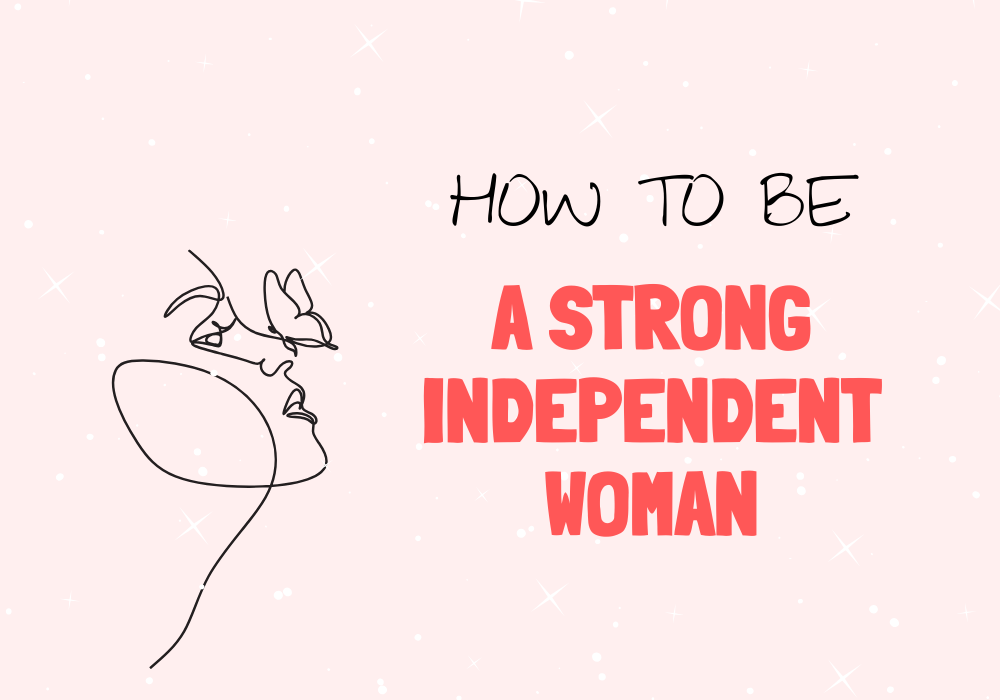
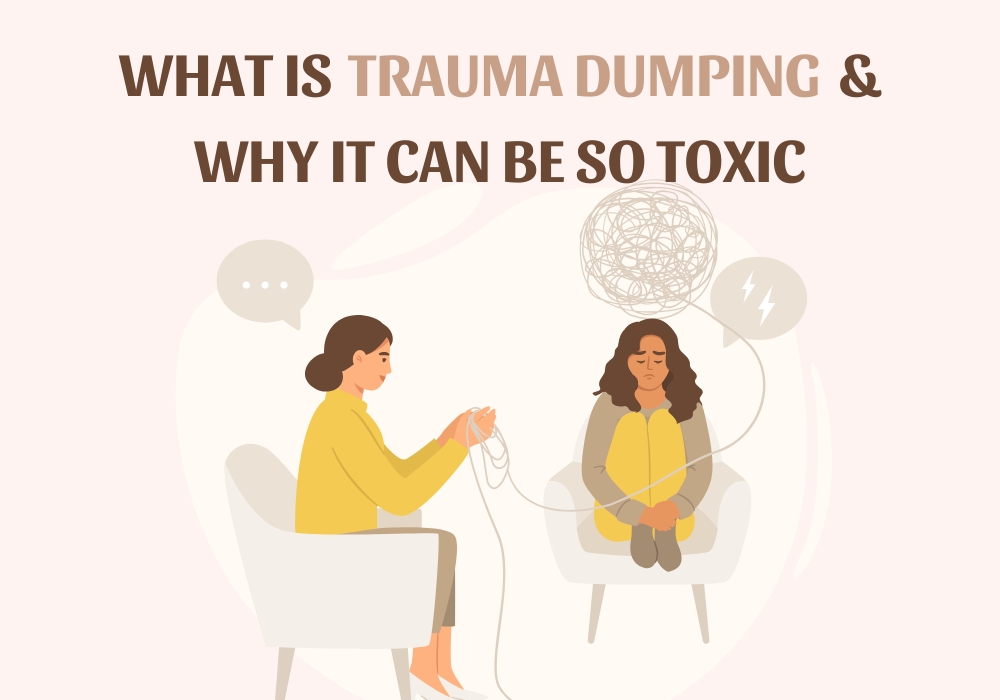
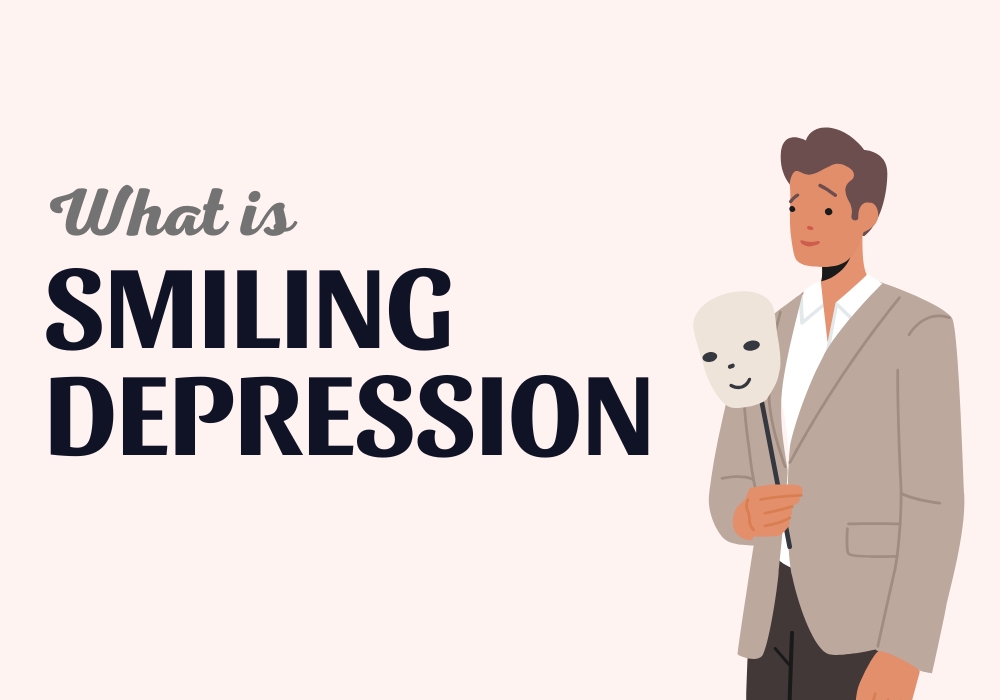
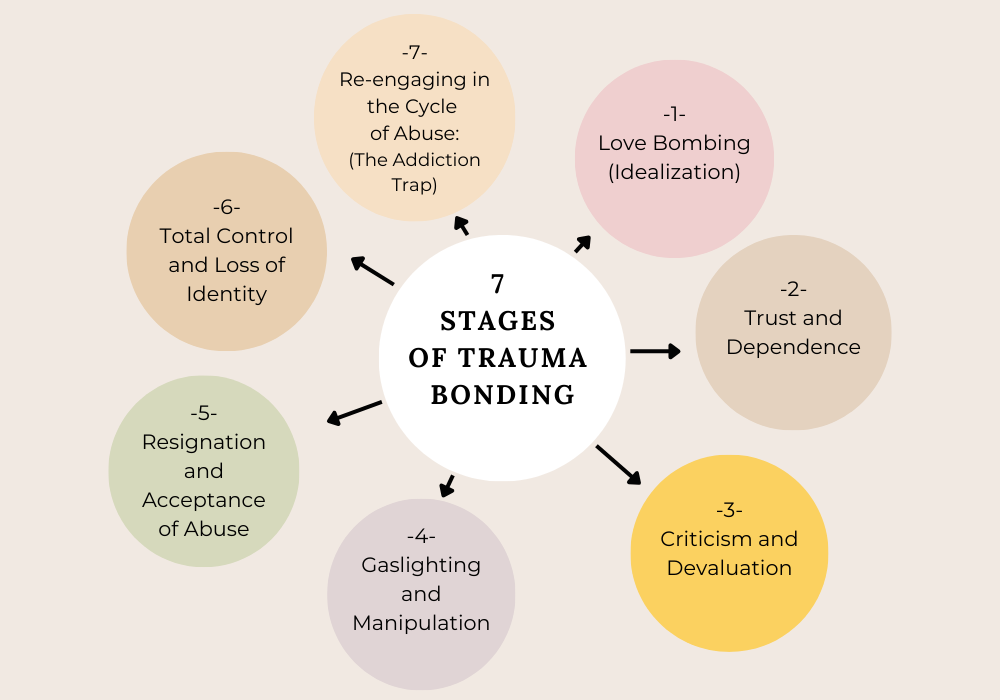
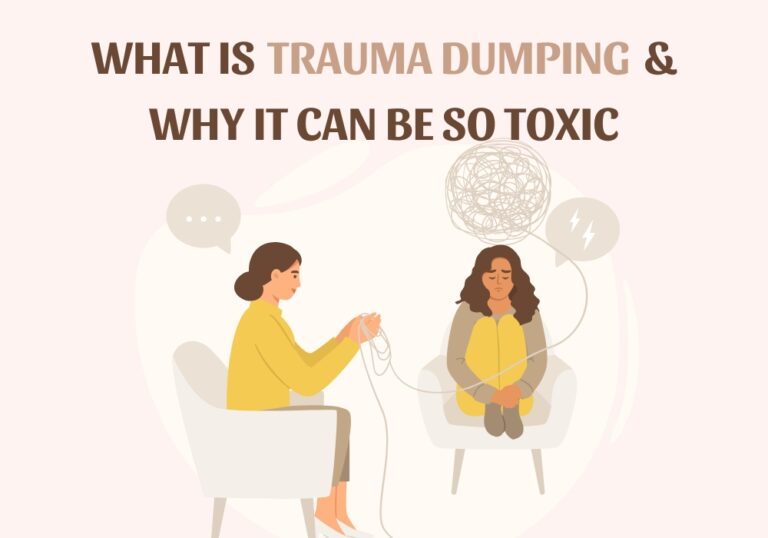
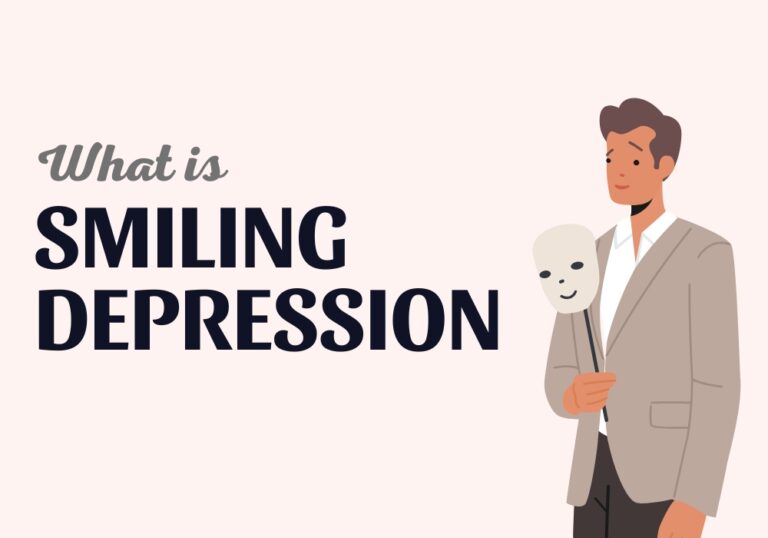
2 Comments
Good day! I could have sworn I’ve been to your blog
before but after looking at some of the posts I
realized it’s new to me. Nonetheless, I’m certainly pleased
I came across it and I’ll be book-marking it and
checking back frequently!
That’s really supportive, Thank you so much ❤